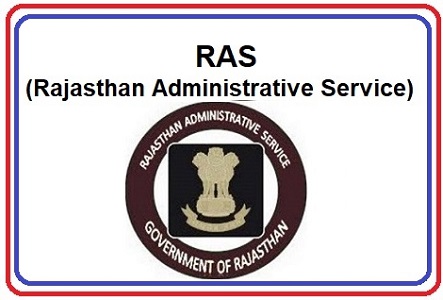
PIB News Update: There is no distinction between the taxation regimes of Indian and foreign e-commerce companies as such, however the taxation regimes applicable to domestic companies and foreign companies differ.
The income of domestic companies is taxed at the rate of 30% plus surcharge and cess however the Finance (No.2) Act, 2019 introduced a tax rate of 25 % plus surcharge and cess for domestic companies having a turnover or the gross receipt up to Rs. 400 crores. Further, in order to attract fresh investment, create jobs and stimulate overall economic growth the Taxation Laws (Amendment), Ordinance, 2019 promulgated on 20.9.2019 gave an option to existing domestic companies not availing any incentive/deductions to pay tax at the rate of 22 % plus 10 % surcharge and 4 % cess subject to meeting certain conditions. In addition, it also provided that new manufacturing companies not availing any incentive/deduction, set up on or after 01.10.2019 can avail the option to pay tax at the rate of 15 % plus 10 % surcharge and 4 % cess subject to meeting certain conditions.
In case of foreign companies, the income can arise in India in the following scenarios:
- As a foreign company
- Through branch of a foreign company operating in India
- Through a domestic company as a subsidiary of a foreign company
The income of a foreign company is taxed at the rate of 40 % when the foreign company has a Permanent Establishment (PE) in India subject to the provisions under the Double Taxation Avoidance Agreement between India and the foreign country of which the foreign company is a resident, if any.
In 2016, India enacted and implemented the Equalisation Levy, which is a flat rate tax of 6% on the revenue derived by a non-resident MNE providing digital advertising services to Indian customers, without having a physical presence in India. The Levy is not a corporate income-tax and is not subject to any limitations under India’s tax treaties.
(b): Not Applicable.
(c): The extant Foreign Direct Investment (FDI) policy on e-commerce sector, inter-alia, specifies that e-commerce marketplaces will not directly or indirectly influence the sale price of goods or services and shall maintain a level playing field. Violations of FDI policy are covered under the penal provisions of the Foreign Exchange Management Act (FEMA).
In order to provide clarity to the extant FDI policy on e-commerce, this Department has issued Press Note 2 of 2018 on 26.12.2018 (Annexure-I), and no changes have been made in the recent past in the FDI Policy on e-commerce sector.
Further, in order to ensure compliance of FDI guidelines contained in Press Note 2(2018), this Department has requested DEA and RBI to notify the following clause under FEMA:
“e-Commerce marketplace entity with FDI will have to obtain and maintain a report of statutory auditor by 30th of September of every year for the preceding financial year confirming compliance of the e-commerce guidelines.”
A National e-Commerce policy is under preparation. The first draft of the policy was placed in public domain on 23rd February, 2019 for seeking comments/inputs of stakeholders. On the basis of the inputs/comments received, the draft National e-Commerce policy is being prepared with an aim to create a facilitative regulatory environment for growth of e-commerce sector in India.
The measures taken by the Government to give impetus to Startups is at Annexure-II.







Leave a Reply
You must be logged in to post a comment.